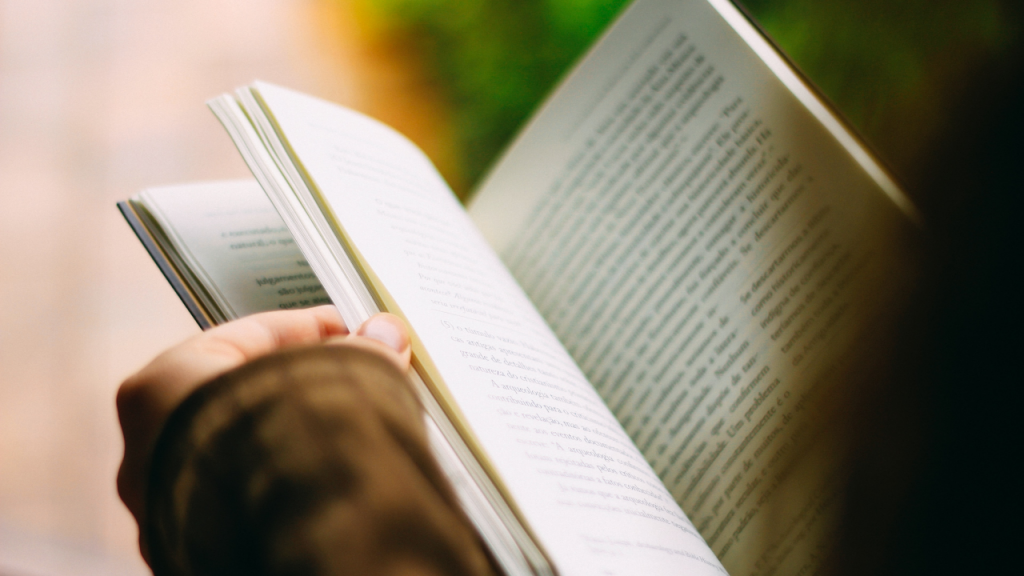Pandemic narratives are not a recent invention––Bocaccio’s 14th-century Decameron, now resurrected in numerous discussions online, or Thomas Mann’s 1912 Death in Venice, significantly less visible in my newsfeed, are two classic examples. What’s new is the proliferation of articles about literary representations of infection, disease, and quarantine that alert us to literature’s mimetic (and prophetic) capacity. As a literature professor, I delight in seeing my subject validated. As a translator, I wonder whether our cultural moment will in time produce new translations of these texts, new voices inhabiting the plague narratives of the past from the perspective of here and now. But I also wonder what cultural narratives we might construct––in the vein of Bocaccio’s irreverent storytellers or Aschenbach’s aestheticized blindness to a cholera outbreak––to combat the reality of contagion.
One such narrative is the myth of reading. My computer screen is invaded by countless book lists and advice on what we should be reading now that we are on lockdown with time on our hands. We are turning to literature for consolation. Reading is our remedy, and yet, like a coronavirus vaccine or treatment, elusive. I read for a living––translated literature, books in their original language, scholarly works, student essays, student translations. But all of a sudden, I don’t have time to read; my days are occupied by the exigencies of survival, by the demands of caring for my family while also fulfilling my obligations as a teacher, advisor, mentor, and colleague. The possibility of reading lurks at the back of my mind as an act of hubris, a selfish intellectual luxury, a scandalous disavowal of my domestic duties. I feel like a character in a novel by Elena Ferrante, one of her female protagonists with literary or intellectual aspirations who battle against the patriarchal cage enforcing their proper roles. The current myth of reading calls to mind that cage.
Another emerging narrative is the myth of invention. My virtual space is flooded with inspirational advice on how to sublimate the pandemic into creative or groundbreaking work. Shakespeare did it. Newton did it. But, as Helen Lewis reminded us early on, neither of them had childcare responsibilities. And despite the revival of interest in Bocaccio and literary depictions of plague-induced creative leisure, our reality is not contained within a fictional narrative frame as the pretext for storytelling and imaginative entertainment. I live in a concrete geography. My family and friends are dispersed from the Midwest to the two coasts of North America to Bulgaria, Italy, England, and Japan, and facing mounting challenges. When I read and write, it is to communicate with them, to create a shared map of time zones, languages, and landscapes. When I read and write, it is for my students––to provide guidance or solace, to offer them my time and pedagogical resourcefulness. The emotional and intellectual labor entailed in these interactions depletes my creative energy but nourishes my soul.
Like the pandemic narrative, the myths of reading and creativity are not new; they are foundational to Western culture. But they could be constructive insofar as they also illuminate the absence of another narrative––the myth of altruism.




